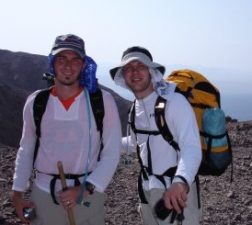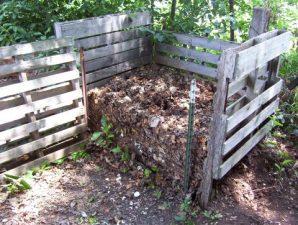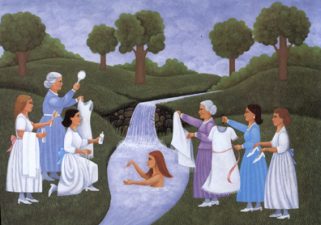“Gie me a spark o’ natures fire, thats a’ the learning I desire:
Then, tho’ I drudge thro’ dub an’ mire at pleugh or cart,
my muse, tho’ hamely in attire, may touch my heart.”
Israel’s small but distinguished Scottish community may well be nursing hangovers and sore throats this week, after celebrating the anniversary of the birth of Scotland’s national poet, Robert Burns, which happily coincided with Shabbat, this past Friday, January 25th.
Burns, who was born in 1759 and died in 1796 (a mere 37 years later), has earned his mantle due to a wealth of poetry that encompasses romance, power and nascent nationalist politics, social justice, and a deep feeling for the natural world. He was born in the midst of a snowdrift in a tiny cottage in Ayrshire, South West Scotland, and although he achieved fame and some wealth for his writings in his lifetime (and a certain notoriety for his drinking and womanising), he never lost touch with his humble origins and the common touch.
A poet deeply concerned for humanity and with a passion for liberty, his eye ranges from the small field mouse; “wee timorous beastie” to the elegiac anthem for new years turning; “should auld acquaintance be forgot, and auld lang syne”. His epic poem, ‘Tam O’Shanter’ is a long meditation on the border between the real and the imagined – through the drunken, confused central character Tam, and using rich imagery from the natural world, life becomes a puzzle of things disappearing:
“But pleasures are like poppies spread, you seize the flower, its bloom is shed;
or like the snow falls in the river, a moment white – then melts for ever…”

In a country where honour and values and care for the environment remain highly prized, and a sense of strong self-determination feeds a nation in similar ways to that of this land, Burns stature as the premier democratic outsider and social ecologist, grows stronger every year as glasses of strong whiskey are raised in his memory, and haggis’es (both of the offal and vegetarian variety) are ceremoniously piped to the table and ritually stabbed.
A patriot, church wrecker, revolutionary thinker, taxman and adulturer, because of his essential humanness, Burns gave Scotland and the world a vision of the real and the natural, and a lyrical passage into the otherworld of metaphor and imagination; in other words, a path to a better world within the everyday, utilising the good in all of us. As one of his better-known poems concludes:
“It’s coming yet for a’ that,
that man to man the whole world o’er, shall brothers be for a’ that.”
These words are carved in stone in the streets of Edinburgh, and linger heavily in the Scottish air. They resonate here in the examples of Aberdeenshire urban planner and sociologist Patrick Geddes, who helped design the sleek layout of Tel Aviv, and David Watt, who in 1894 opened a hospital in Tiberias to cater for Palestine’s poor and sick (now a Scottish-themed luxury hotel).
“When first the human race began,
the social, friendly honest man, whate’er he be,
‘Tis he fulfils great Nature’s plan,
an’ none but he.”
See also poet laureate Robert Hass in Israel ; or Green Castellations – a great place to seek retreat and read some Robbie Burns’ poetry.





Very nice article, tying some of my favorite subjects together. I believe that the poet would approve!